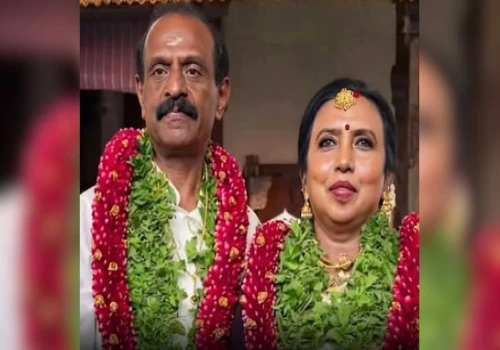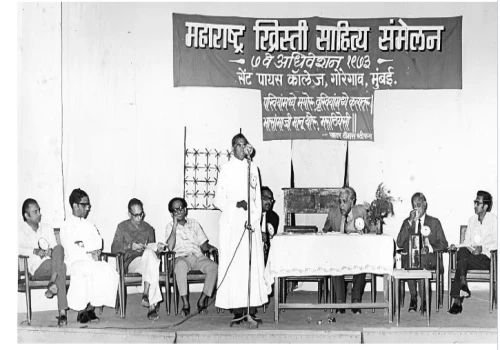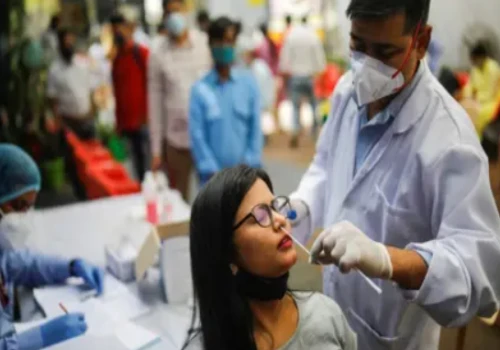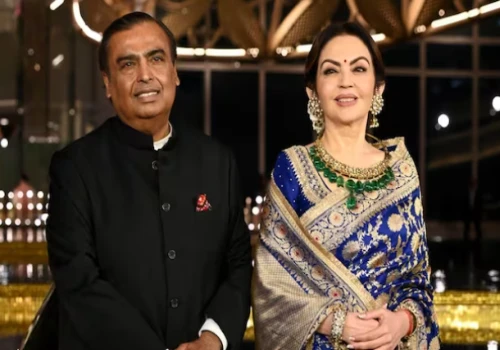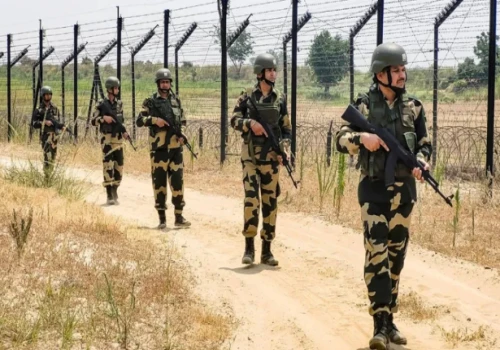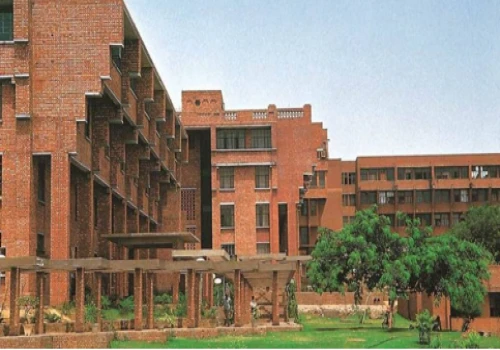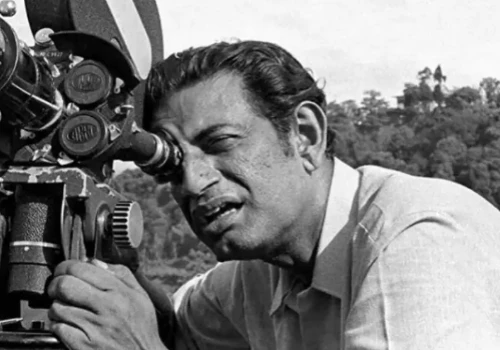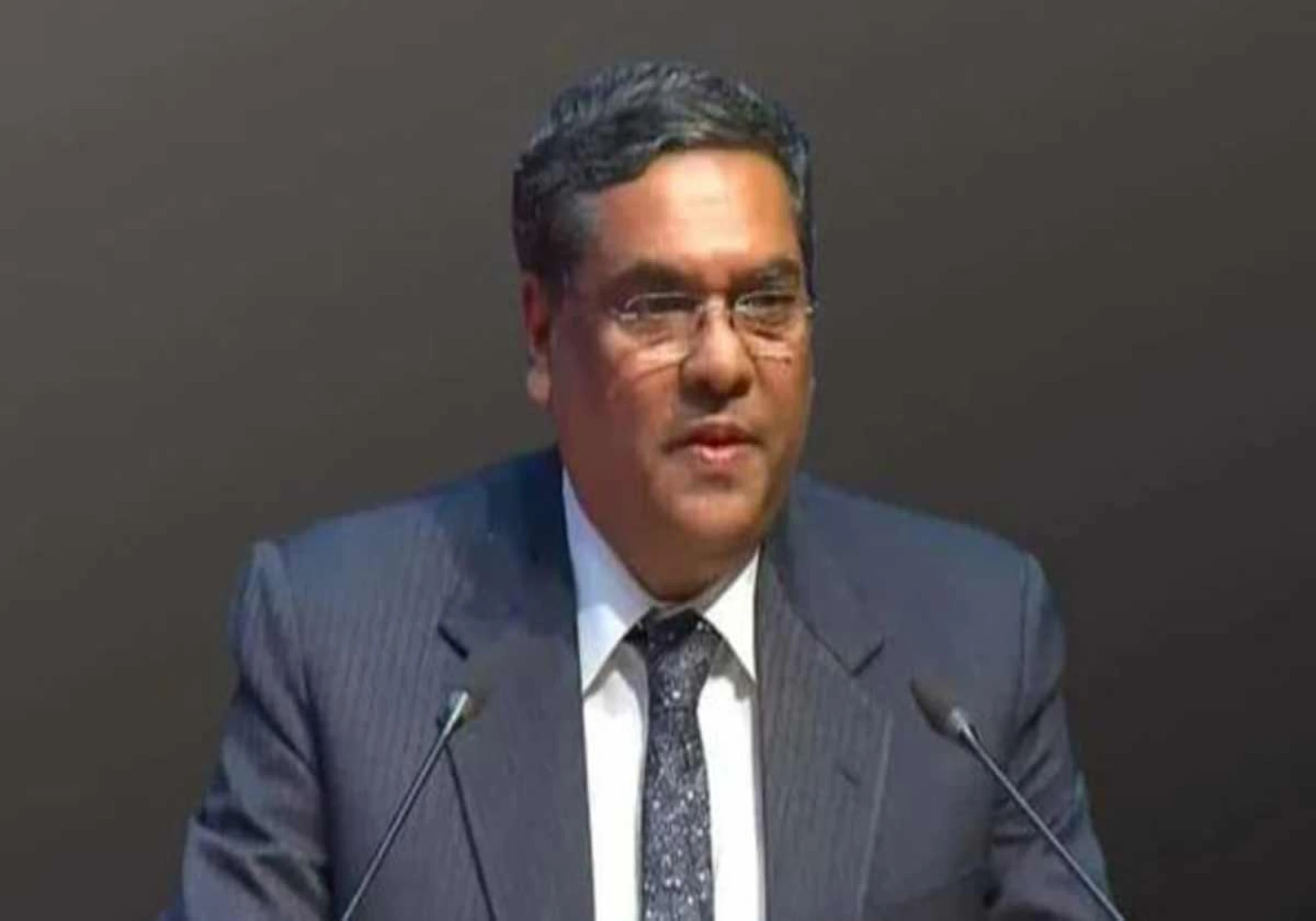
Chief Justice of India (CJI) D.Y. Chandrachud has nominated Justice Sanjay Khanna as his successor, setting the stage for a smooth transition in the country's highest judicial office. The announcement was made earlier today, following customary procedures for appointing the next Chief Justice of India.
The appointment of the most senior Supreme Court judge who is considered qualified to hold the position shall be made to the office of Chief Justice of the India (CJI), as per the memorandum of procedure (MoP) that regulates the appointment and transfer of judges in the constitutional courts. Following the current chief justice's recommendation, the government is anticipated to announce Justice Khanna's appointment as the next Chief Justice of India, effective November 11.
A renowned legal career characterised by an extensive amount of experience and noteworthy contributions to India's judicial scene define Justice Khanna. In 1983, he registered with the Delhi Bar Council and started practicing law in the district courts of Tis Hazari. Later, he moved to the Delhi High Court.
In addition to criminal law, Justice Khanna established a strong practice in arbitration, commercial law, corporation law, and constitutional law. He held positions as standing counsel (civil) for the National Capital Territory of Delhi and senior standing counsel for the Income Tax department. His knowledge also included criminal law, where he frequently acted as an amicus curiae to support the Delhi High Court in a variety of significant issues and contested multiple cases as an extra public prosecutor. In 2005, Justice Khanna was promoted to the rank of additional judge in the Delhi High Court, and by 2006, he had attained permanent status. He also made contributions to the District Court Mediation Centres, Delhi International Arbitration Centre, and Delhi Judicial Academy during his time there.
Justice Khanna has made significant contributions to the Supreme Court. Notably, he allowed former Delhi chief minister Arvind Kejriwal to campaign during the Lok Sabha elections by granting him interim release, highlighting the importance of democratic engagement. In yet another significant decision concerning Manish Sisodia, the former deputy chief minister of Delhi, he highlighted that postponements in legal proceedings may be a legitimate basis for release under the Prevention of Money Laundering Act (PMLA). Justice Khanna continues to have a considerable impact on matters of public concern, as seen by his current role as chair of a bench evaluating several provisions of the PMLA.
Justice Khanna’s nomination now awaits formal approval by the President of India, after which he will assume office as the next Chief Justice. The Indian legal fraternity and the nation at large eagerly await the next chapter in the history of the Supreme Court under his leadership.



